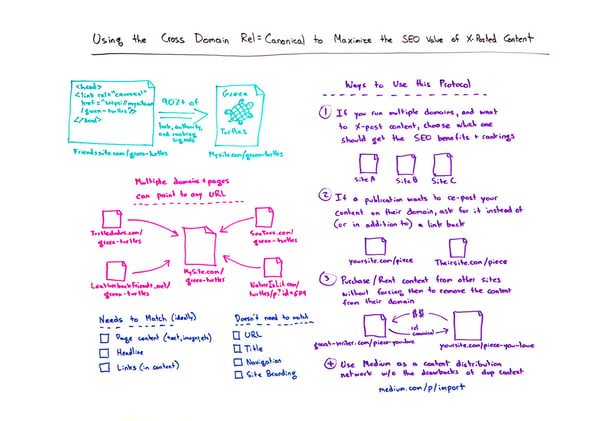Winning in the Age of AI Search: How Brands Can Thrive as Search Evolves
Search is changing faster than ever. With the rise of AI-powered features like Google’s AI Overviews and AI Mode, the familiar “10 blue links” are...
Read moreDiscover the latest SEO news and trends, including non-HTTPS sites to be marked as ‘not secure’.

As of July 2018, Google will be determining non-HTTPS sites in Chrome as ‘not secure’.
The search engine giant recently announced the scheduled rollout of its Speed Update in July, which will be followed by the marking of insecure sites.
This process is set to correlate with the Chrome 68 release. Webmasters were already encouraged to make the move from HTTP to HTTPS before October 2017, which coincided with the Chrome 62 release.

On 13th February, Google released a new “visually rich content format designed to provide publishers with new storytelling options for the mobile web” – AMP Stories.
A lot of users may associate these with Stories on Instagram or Snapchat. But, the point of AMP Stories is to present content in different ways across the web, thus attempting to provide a seamless user experience.
Google released AMP Stories to publishers for feedback. According to Search Engine Land writer Greg Sterling: “Both Hearst and The Washington Post were very enthusiastic. They told me that Google had taken a highly consultative approach from the beginning.”
Google still warns webmasters that AMP Stories are experimental.

Getting the date right can be hard for Google. Team member Danny Sullivan puts this down to a couple of reasons:
He tweeted saying:
Sometimes we can’t control it. For example, a Miami publication had the right date and time but wrong timezone, making the story seem five hours earlier than when it published. Hard for us to fix on our end.
Barry Schwartz has his own opinions about Google getting timestamps correct…
I really want Google to institute a date penalty for news or blog stories. If you are going to post stories on your website where the date is relevant, be it news, advice, tips, etc – they should all be dated and date din a way that Google can understand.
What do you think?

Last week, Rand Fishkin talked cross domain rel=canonicals.
If you’ve got duplicate content on different domains, the rel=canonical tag will notify Google that this content exists.
This process also has some clever features that you should definitely take advantage of:
Watch the latest episode here.
Read our previous SEO News Roundup: Google Publishes Guide To Featured Snippets
Do you need support with technical SEO site checks? Would you like advice regarding your SEO marketing strategies? Discover how our team of SEO experts can support the maintenance and management of your site.
More articles you might be interested in:

Search is changing faster than ever. With the rise of AI-powered features like Google’s AI Overviews and AI Mode, the familiar “10 blue links” are...
Read more


Arming yourself with the right tools to ensure a smooth site migration is important - find out how to protect your SEO during a migration today.
Read more
Google employees have recently announced that the upcoming Google Core Update is set to be released in the coming weeks. Understanding and addressing...
Read more
Language matters. Any marketer worth their salt knows this. But when discussing gender and sexual orientation, that importance is amplified tenfold.
Read more
When marketers think of thought leadership, there are names rather than ideas, that tend to spring to mind.
Read more
With the release of GPT-4, how revolutionary will this tool be? Alan Rowe takes us through it...
Read more